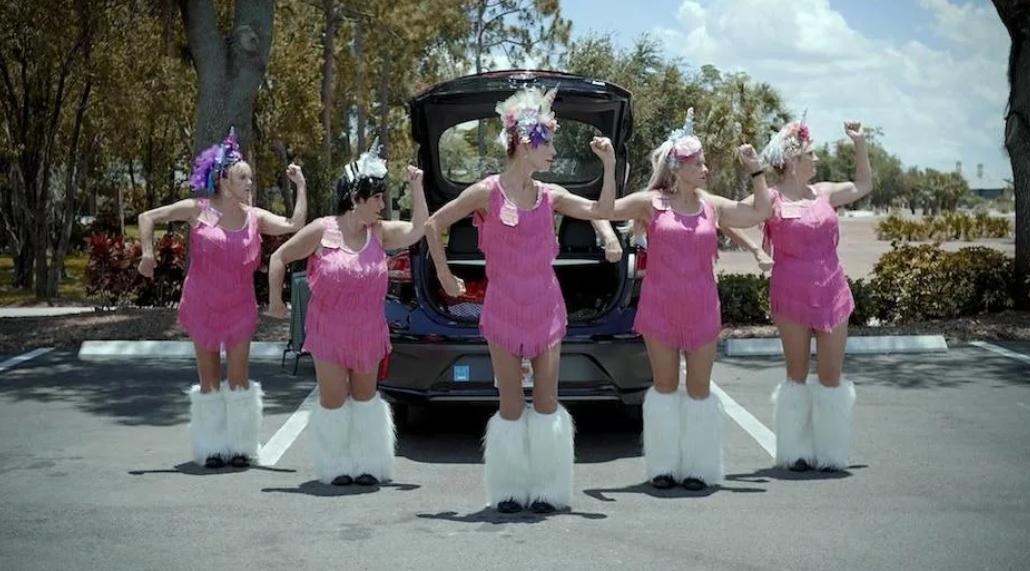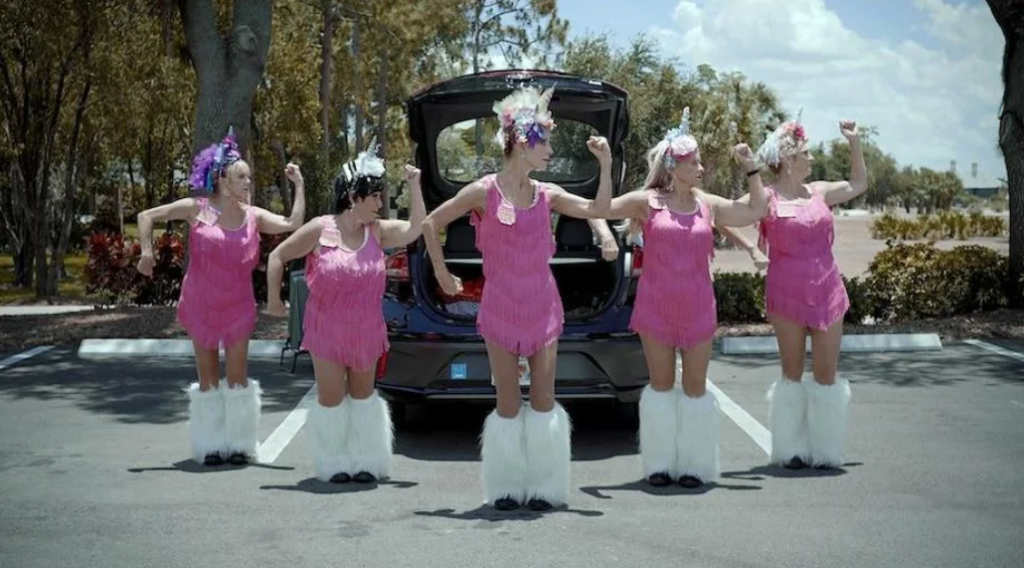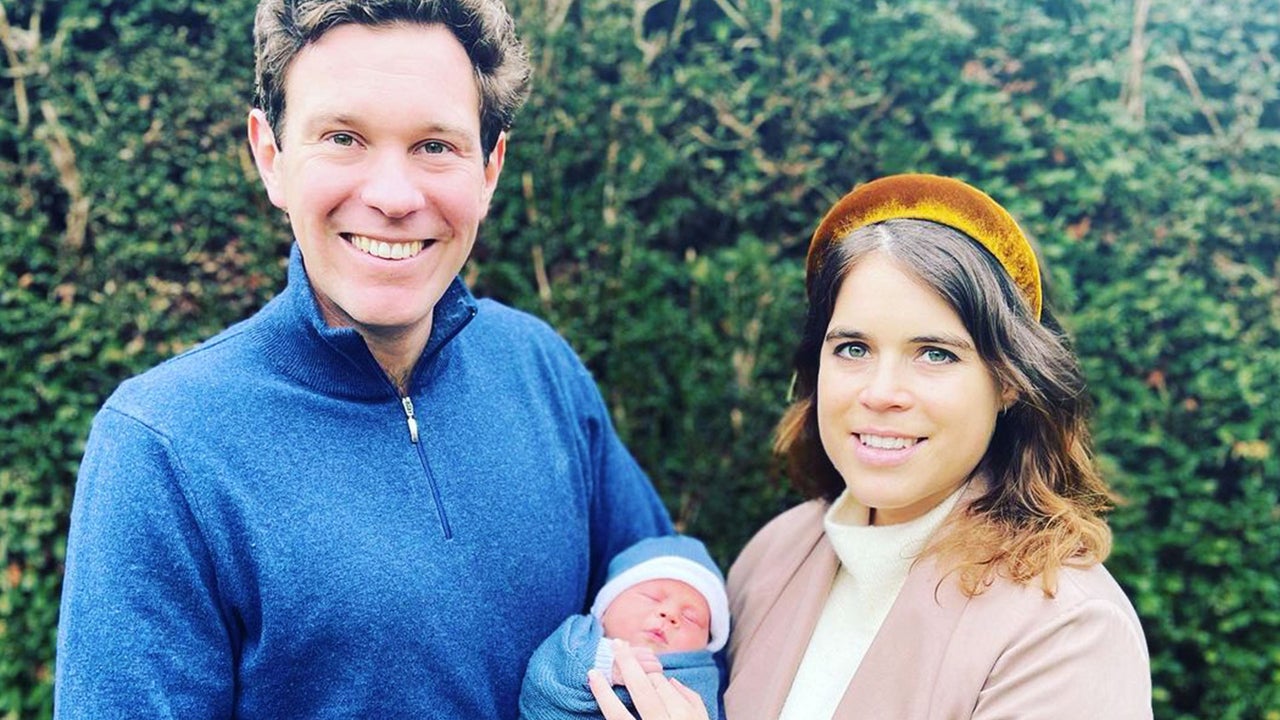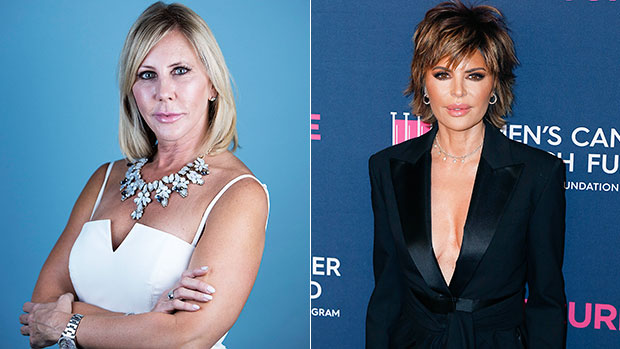Sundance Doc “Calendar Girls” Sells to Juno Films
“Calendar Girls” has secured North American distribution ahead of its world premiere at Sundance Film Festival later this month. Juno Films landed rights to the film, which is screening in the World Cinema Documentary Competition category. Variety broke the...

“Calendar Girls” has secured North American distribution ahead of its world premiere at Sundance Film Festival later this month. Juno Films landed rights to the film, which is screening in the World Cinema Documentary Competition category. Variety broke the news.
Directed by Maria Loohufvud and Love Martinsen, “Calendar Girls” centers on a senior volunteer dancers living in Southern Florida who are “determined to prove that age is just a number. Their shows are noted for their impressive makeup; handmade costumes; elaborate dance routines; and enthusiasm and sparkle,” per the source. “Through revealing conversations and choreographed dance scenes the film captures the challenges of being a woman over 60 and the delicate balance of family, home, and dance.”
“We are delighted to collaborate with Juno Films to bring ‘Calendar Girls’ to North American audiences,” said Loohufvud and Martinsen. “We believe that it will appeal to audiences across the spectrum and will prompt viewers to reconsider what it means to be ‘old.’”
Elizabeth Sheldon, CEO of Juno Films, added, “Maria and Love’s film is a celebration of life and the endless possibilities for joy and connection, if you are willing to put on your dancing shoes and think outside the [prescribed] box. We fell in love with the ‘Calendar Girls’ at first sight and are thrilled that we will be releasing the film in the upcoming year. It is a gem that, like the tiaras of the ‘Calendar Girls,’ will sparkle brightly in the [marquee] lights and beyond.”
Sundance is going virtual again this year due to COVID-19. The fest runs from January 20-30. Other women-directed docs set to screen include “Lucy and Desi,” Amy Poehler’s tribute to Lucille Ball and Desi Arnaz, and “Aftershock,” Paula Eiselt and Tonya Lewis’ exploration of how Black women are mistreated in the U.S. maternal health system.

 JimMin
JimMin 





























.jpg&h=630&w=1200&q=100&v=6e07dc5773&c=1)


